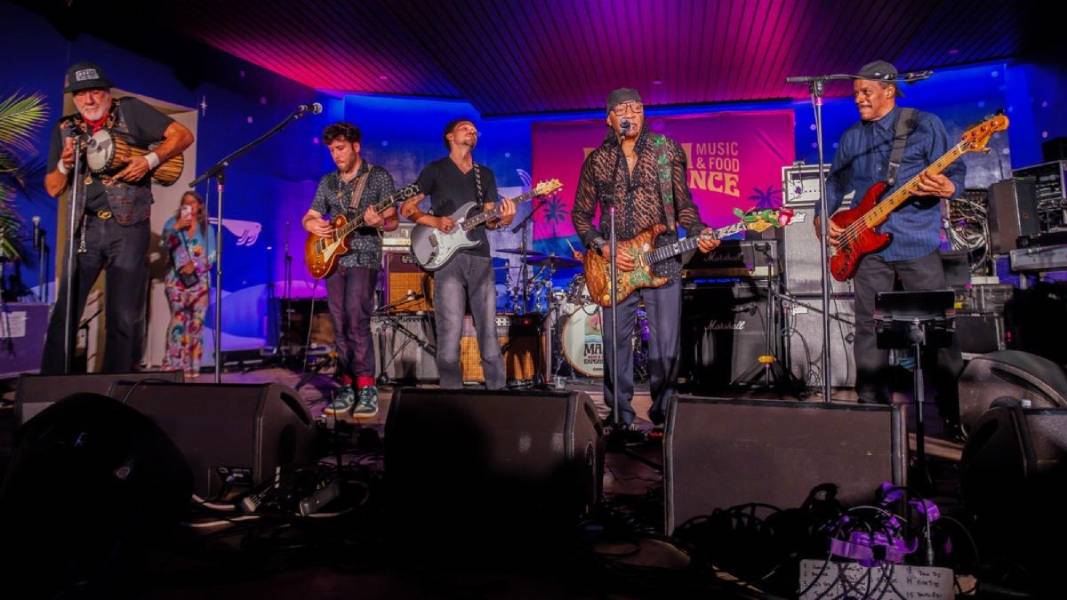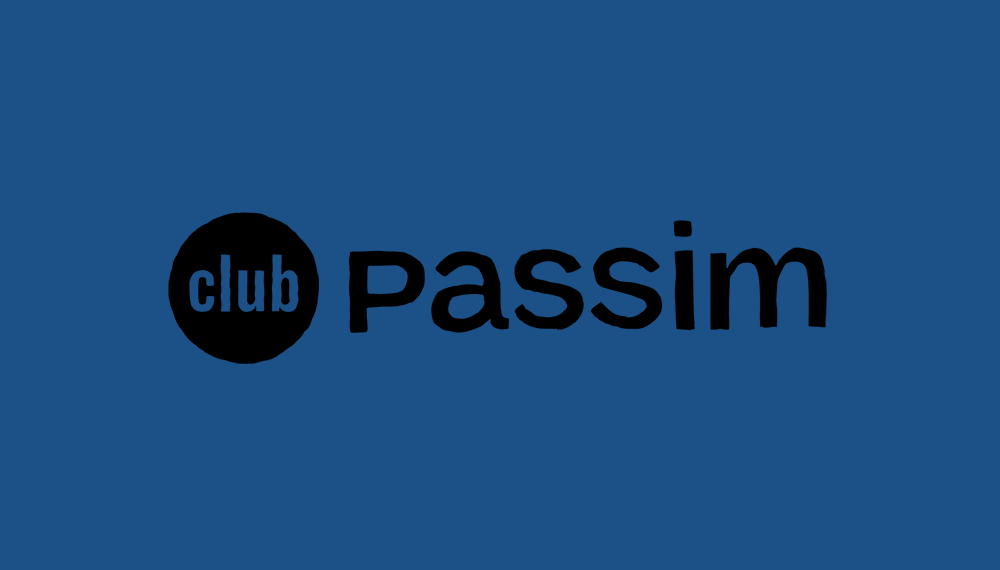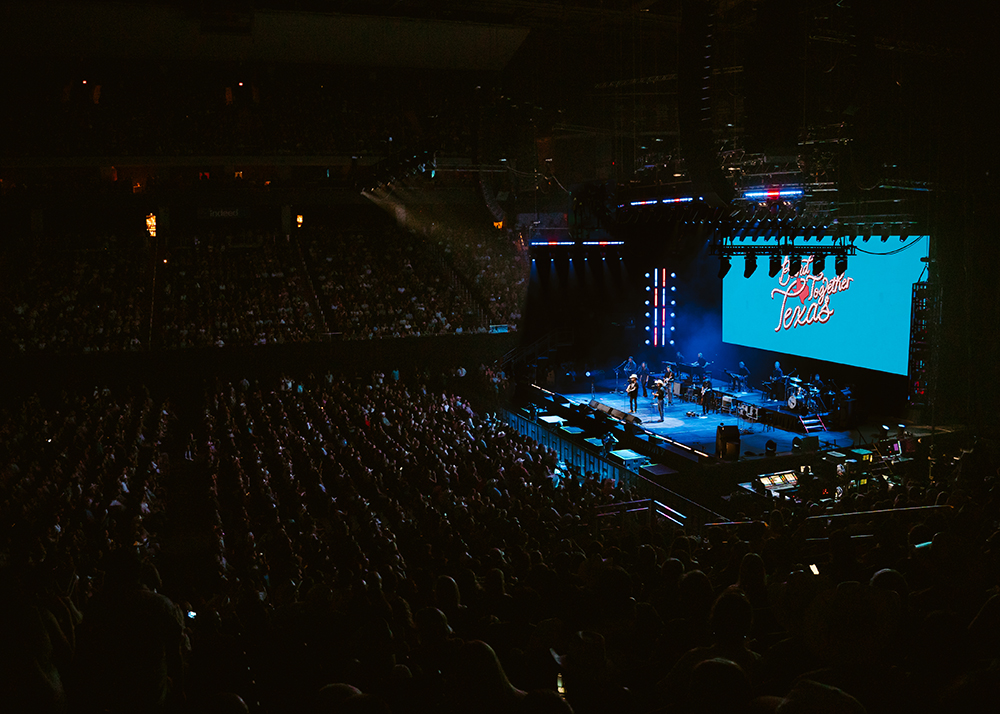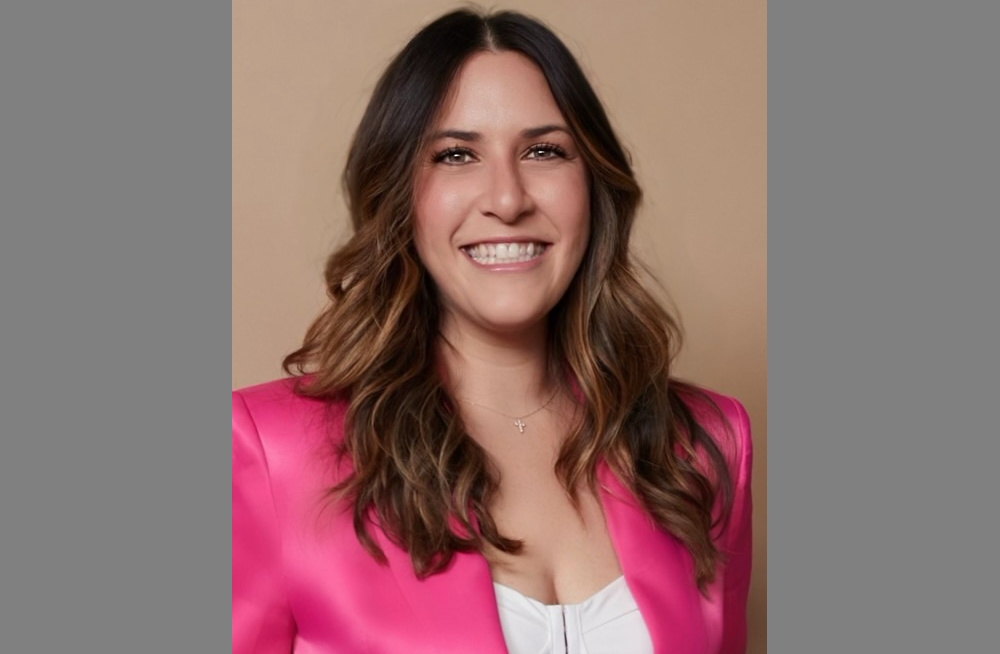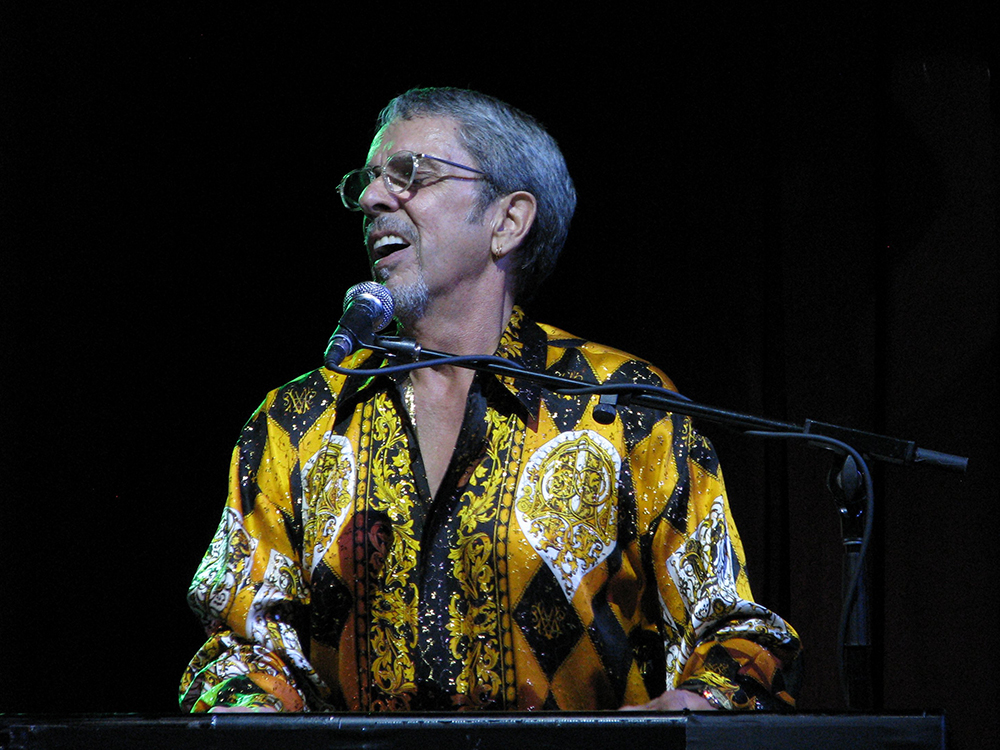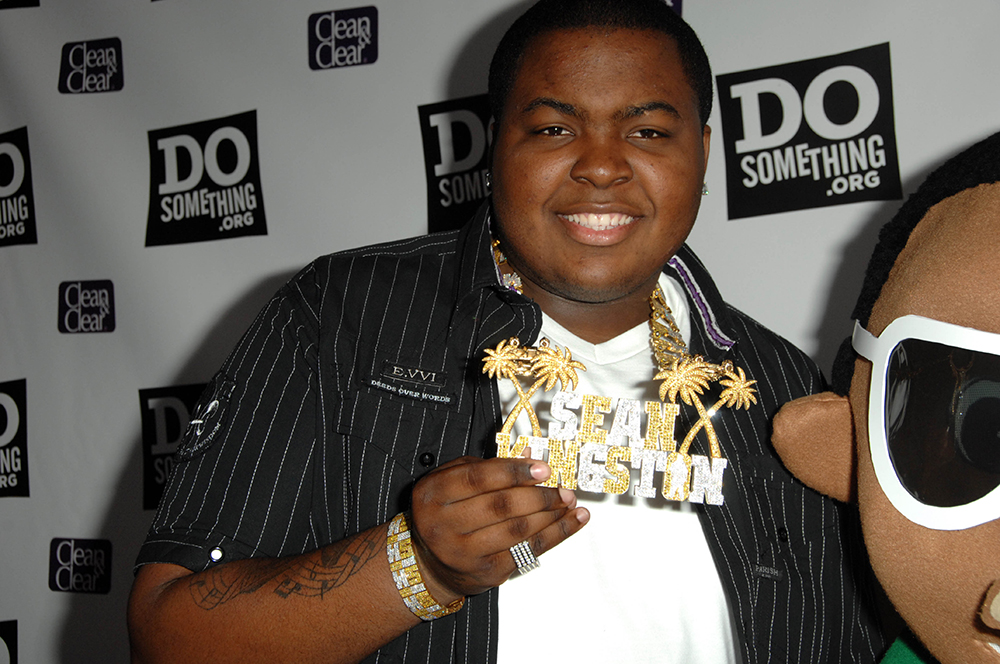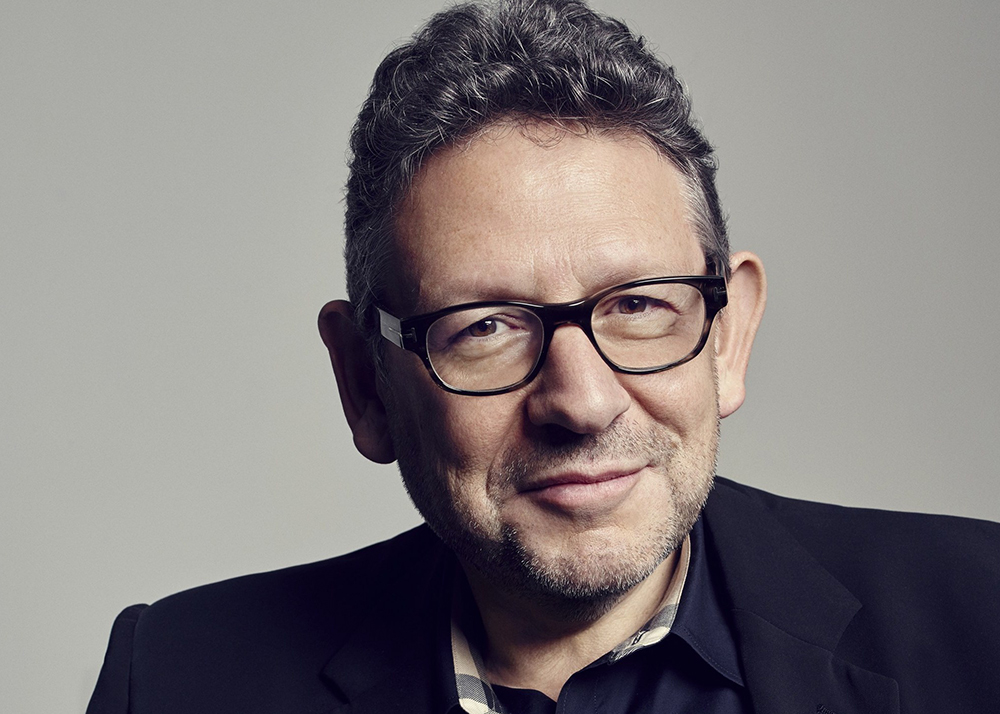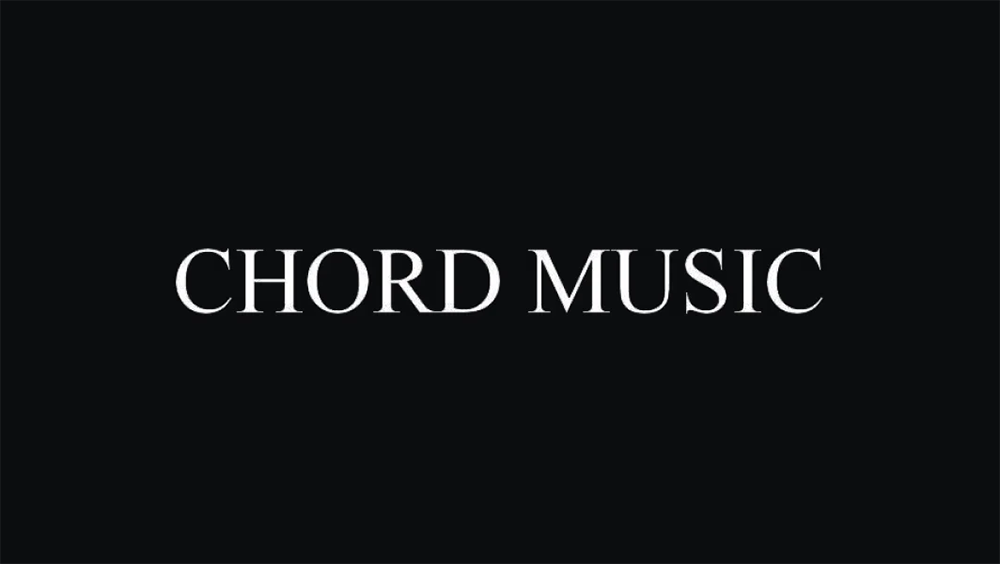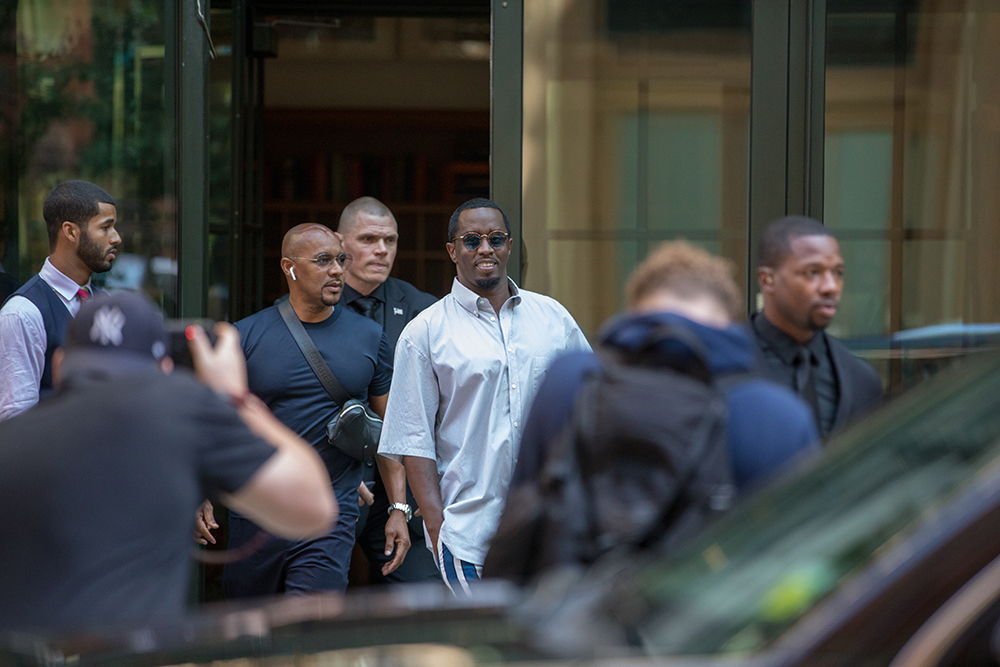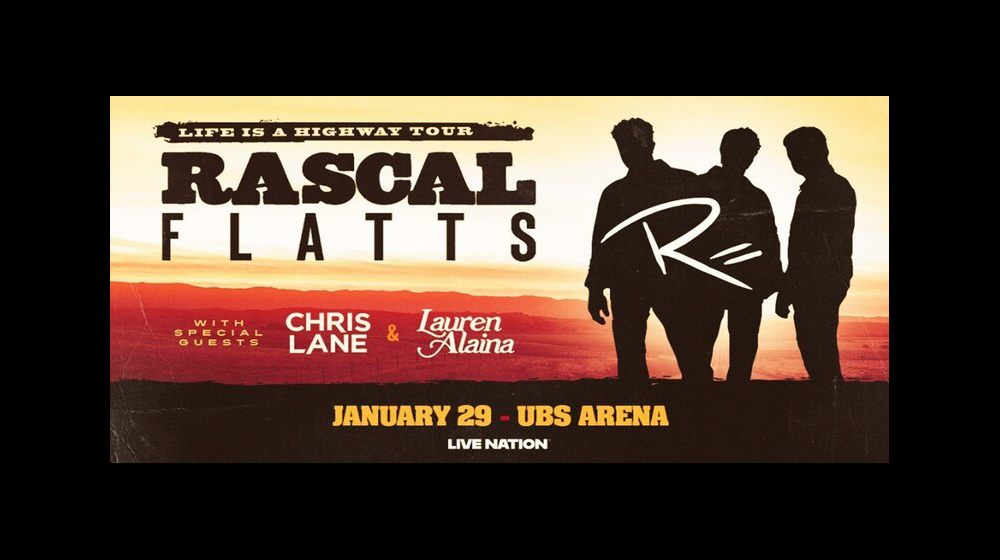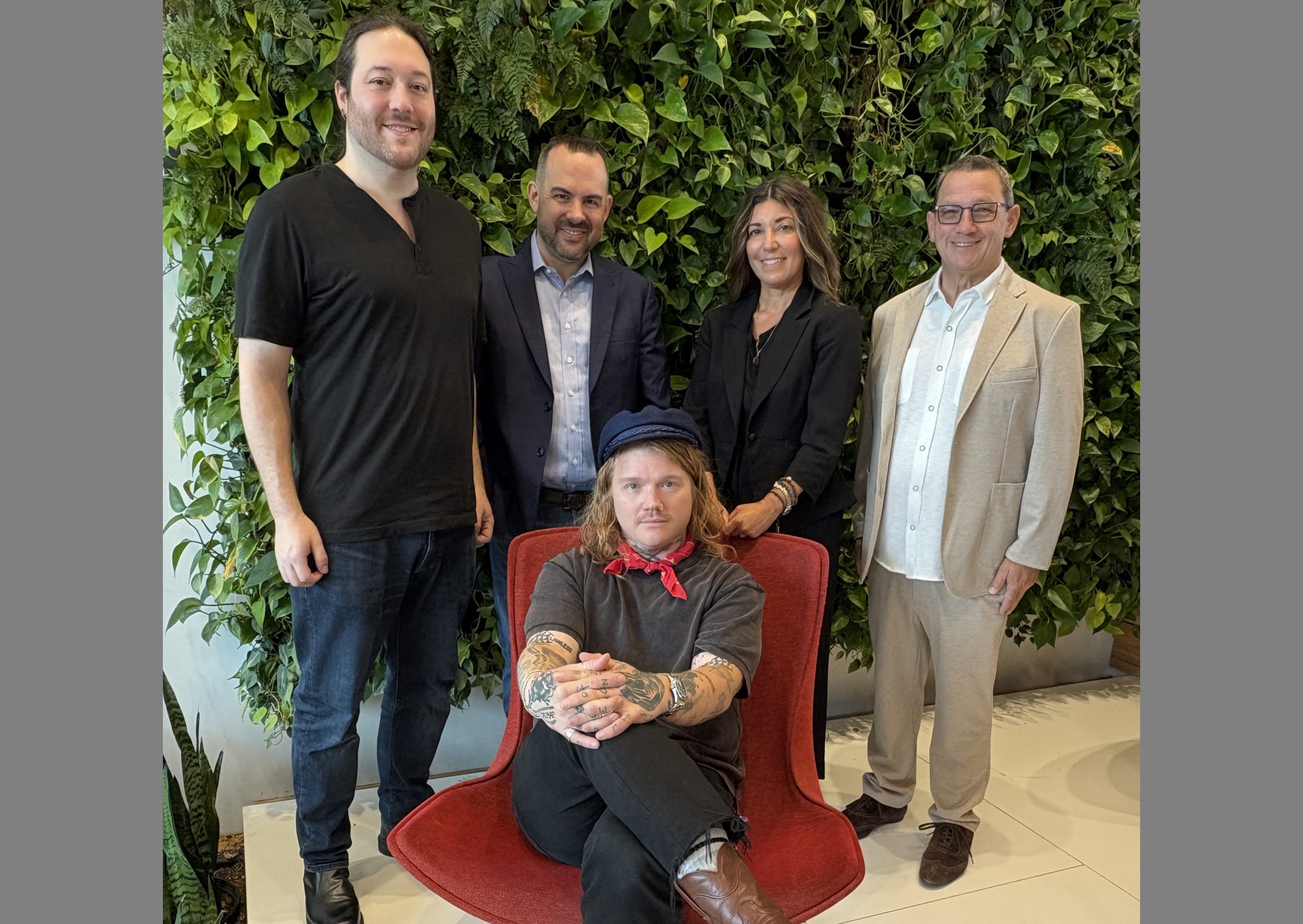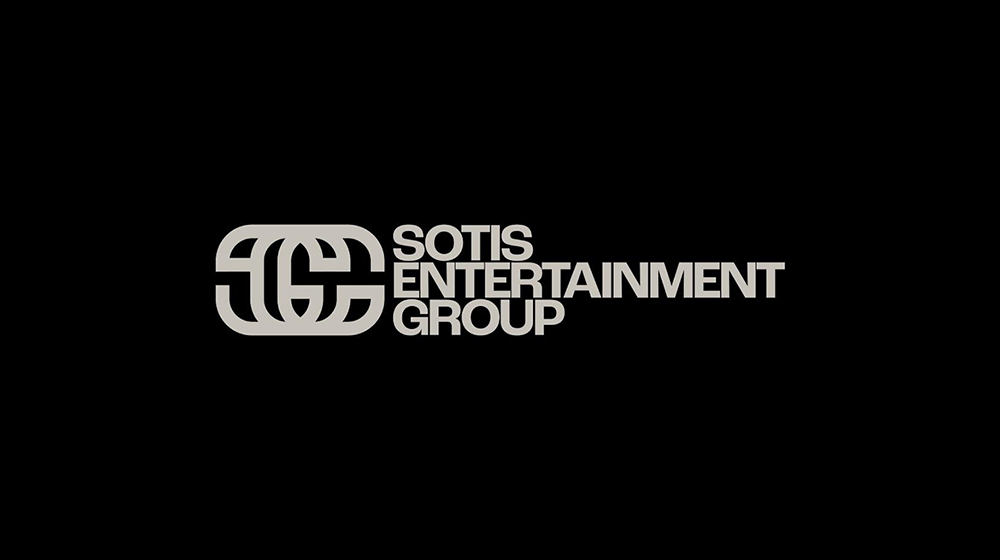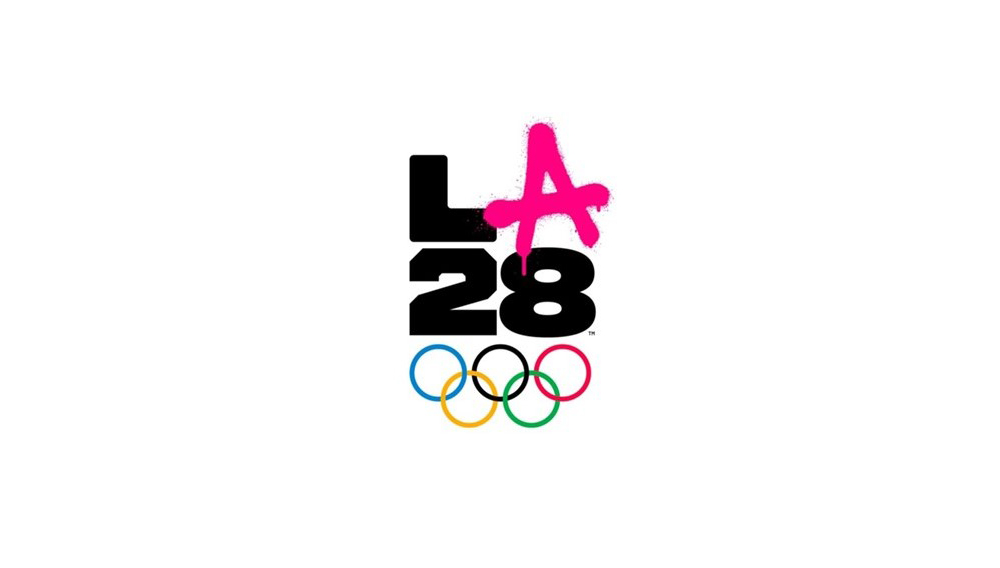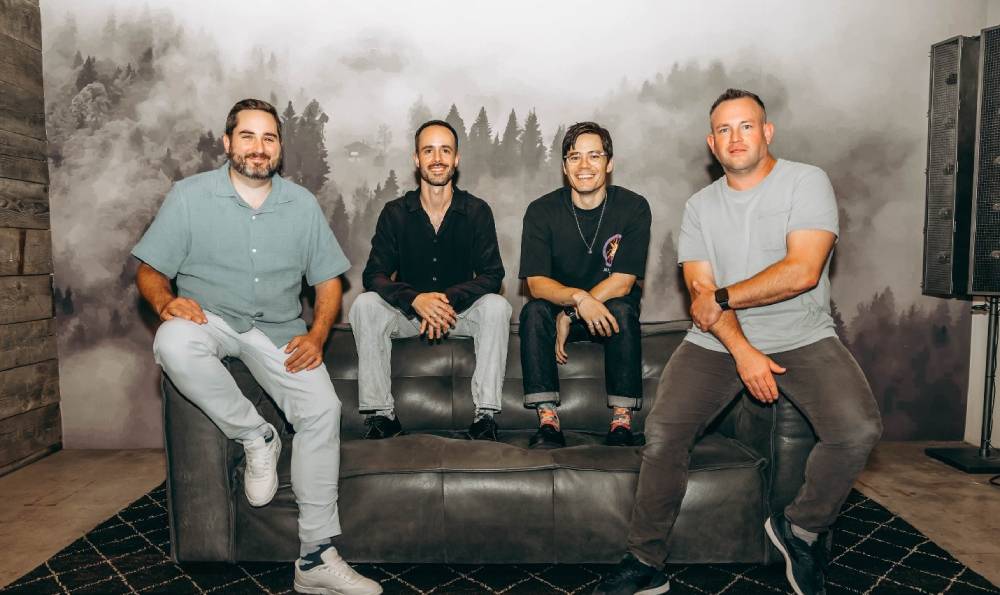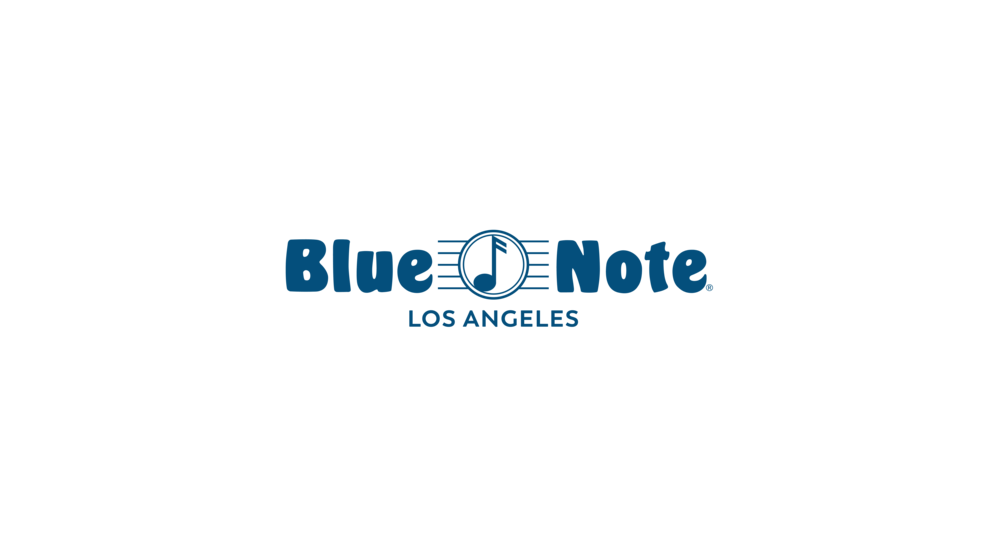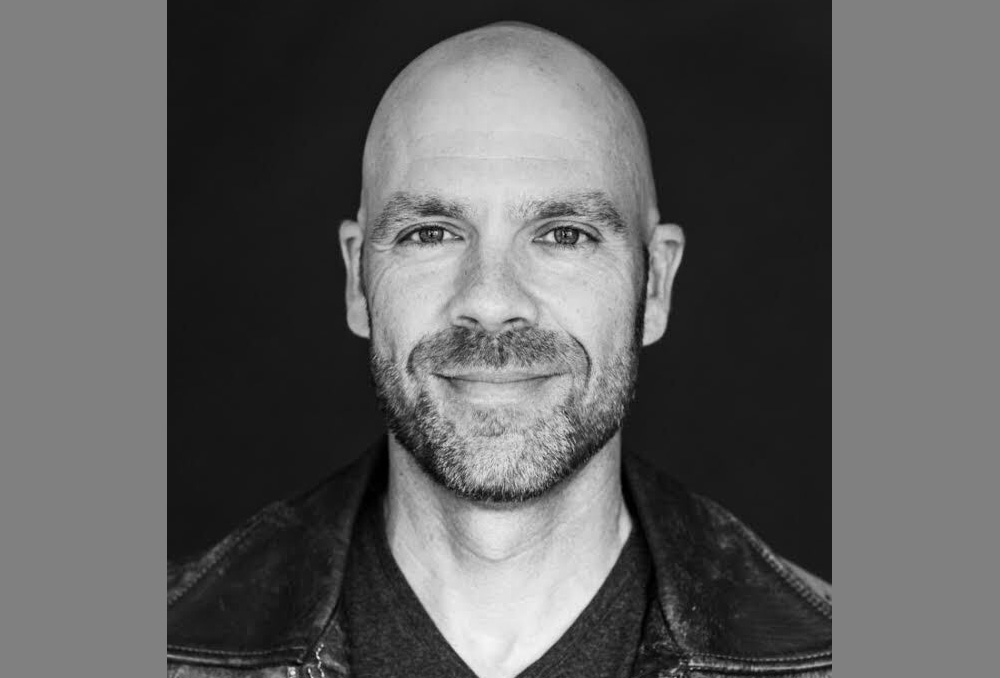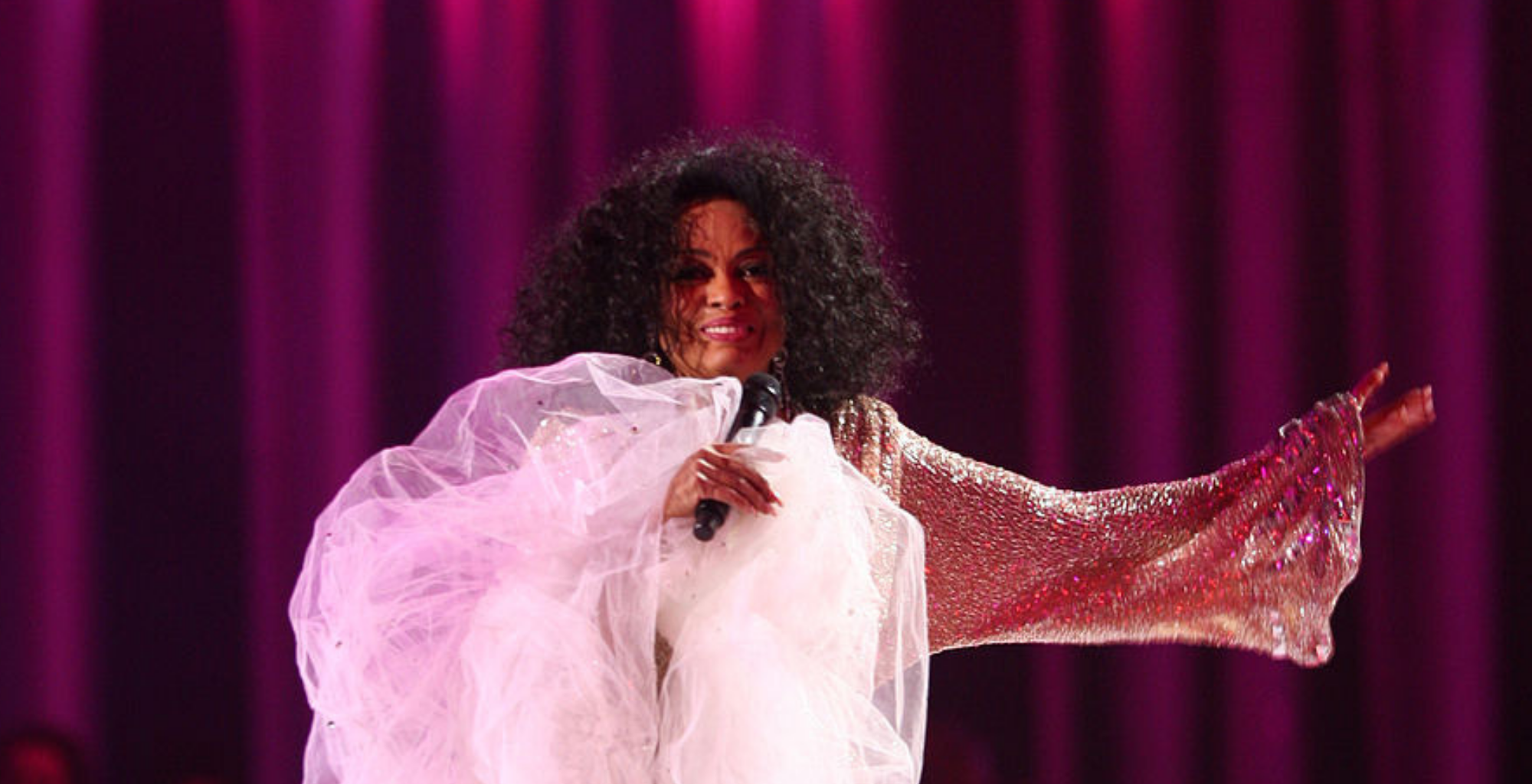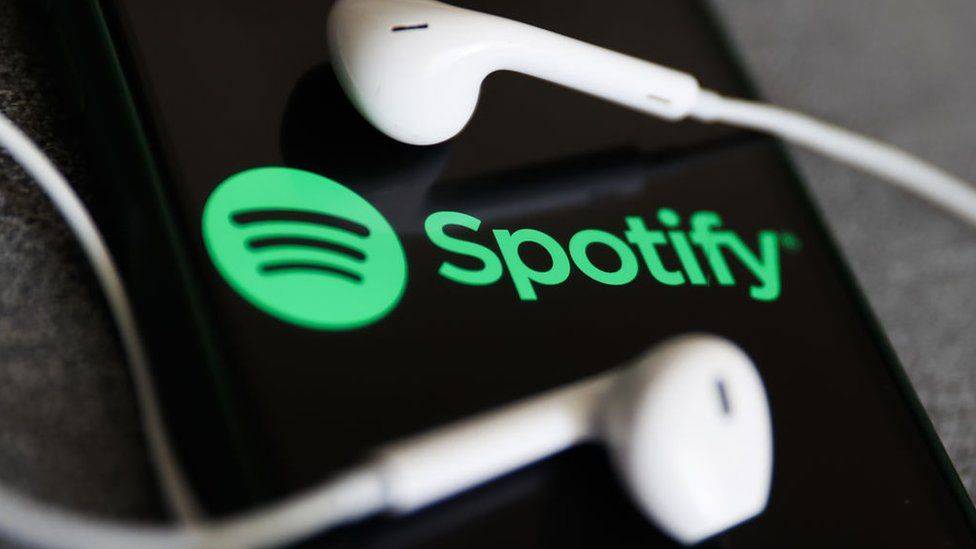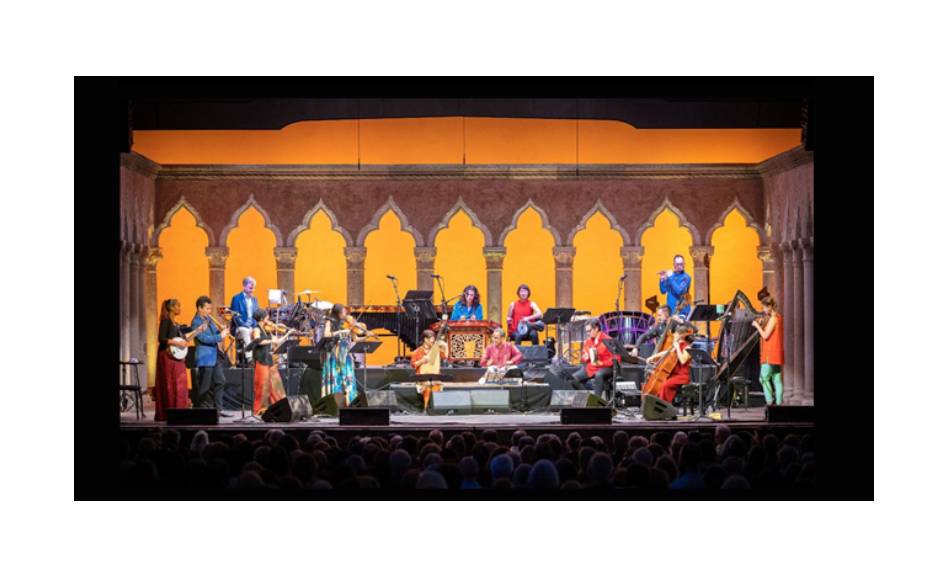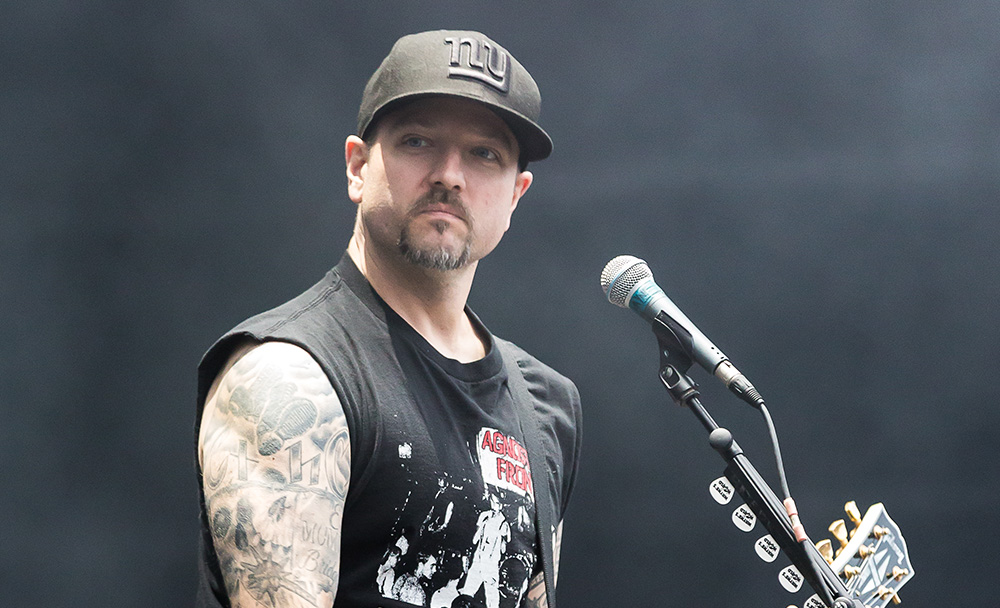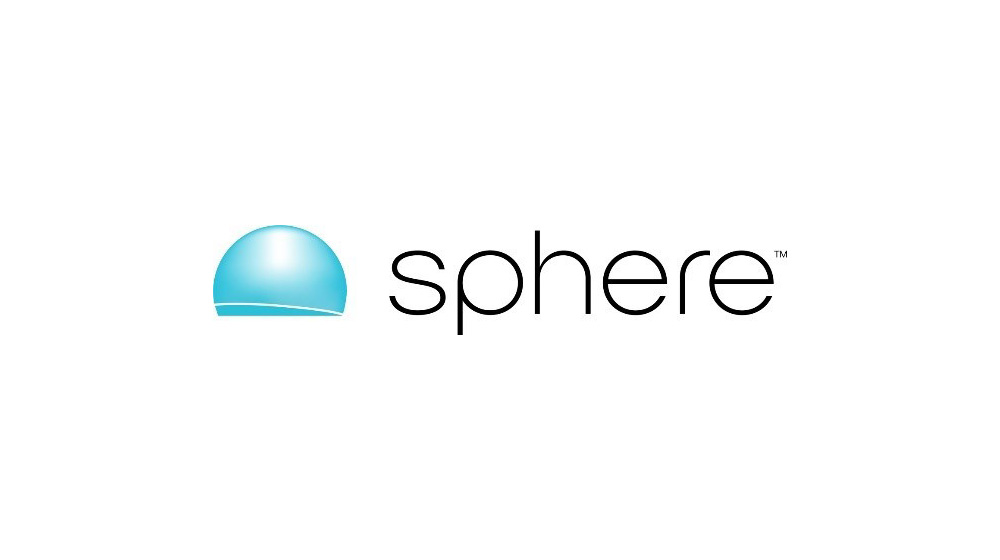
LOS ANGELES (Hypebot) – Eve 6 shaped my early years as a music fan. To this day, they are still one of my favorite bands. Just shy of eleven years later, their debut album still warrants being played all the way through. In saying that, I had the pleasure of connecting with the group's drummer, Tony Fagenson, whose career started to take off in 1998, just before file-sharing, technology, and social media went onto transform the music industry. Sharing his thoughts on these various forces and providing further insights into how they shaped his career, Tony takes a look back on the radical changes that have occurred during his career as a musician.
Q: Looking back on it now, what was your experience like being signed to a Major Label?
Fagenson: I'd be lying if I said the experience was anything but great overall. Like anything it has its ups and downs, strikes and gutters. Sure they f$&ked a few things up, and communicating ideas could be a very laborious process with a large company…
But we were very fortunate to have a team of people that was behind the band for a long time, and fought hard to break down walls for us and get our music heard. We wouldn't have had that success without the powerful reach and $$ of a major record company. We had a good relationship with many of the employees of RCA at the time and enjoyed seeing the various folks when we'd pass through their particular town or what have you. Lots of bands end up despising their labels, but that never really happened with us.
Q: Having released albums before and after Napster, what's your view on how file sharing has impacted the industry and your career?
Fagenson: First let me qualify this by saying that Napster and file-sharing were inevitable progressions in technology, the way that compact discs were a progression from cassette tapes; there was nothing anyone could do that was gonna stop this thing. That being said, I do believe that pirated music via Lime-wire, CD burning, what have you, is the source of 90% of the music industry's woes over the last 10 years. The biz is in the dumper and it ain't turning around. This is because, due primarily to file-sharing, but to other factors as well, the value of music has declined steeply. People aren't willing to pay for what they can get free. And people can now pick and choose the songs they want and either buy from iTunes or download illegally and never have to worry about getting a full album. The biz used to get by knowing that one hit single could sell a million albums (or more) at $10 a pop. Now, a hit single will most likely only sell a million single song downloads (if that) at 99c a pop, which is obviously 1/10 the revenue. The problem is that it still costs loads of money to actually create, market, and promote the recordings. It frankly hurts everybody. Labels, artists, managers, producers, retailers. No one has come out the better for it, except Apple who's selling the hardware. I think file-sharing was at least a somewhat significant reason for RCA not renewing our option. But it's a fact of life now, and all aspects of the business are looking for ways to make a living given this situation.
Q: Your career took off before social media and networks, how have they changed the way you view yourself as a band and your ability to connect with your fans?
Fagenson: Here's the flip side of the whole file-sharing thing. Right on its heels came MySpace and YouTube, and I think they've both played a huge part in keeping my band on the radar of people all over the US and world. Even while we were pretty much MIA between 2004-2007, the band name and music was allowed to spread naturally thanks to the online networks, keeping the value of the band alive. Lots of kids make their own videos to our songs and then post on YouTube, which get seen by tens of thousands of people every day. For instance, someone edited our song "Think Twice" to clips from the movie "Unfaithful", and it has 2.5 million views, far more than the actual music video to "Think Twice"! This is the type of free promotion that couldn't happen before the online revolution. And kids being able to catch a few minutes of a live show from clips on YouTube filmed by audience members only excites them to go to the real thing. MySpace has allowed the band to communicate directly with fans, promote shows, and stay connected with the world. It is a great tool and is a major reason why we played so many packed shows in 2008. Both MySpace and YouTube will be very important to our band in the coming years as we put new music out.
Q: Both 'Inside Out' and 'Here's To The Night' had great success as videos and radio singles, how do you feel about the state of radio and TV today?
Fagenson: Well radio is still very valuable and has the capability of turning a nobody into a huge star based on one hit single. And TV has become a very important promotional avenue for music, from American Idol to the unknown artists that get placed on Grey's Anatomy or whatever and break big because of the spot, although the role of traditional MTV has dropped to basically nothing. I think most artists still want that type of success. The state of radio isn't much different than 10 years ago, although it has become more homogenized. The role of the local programming directors at stations has lessened in favor of national consultants and focus-group style research, which is sort of sad. If it wasn't for a couple of bold PDs that fell in love with "Inside Out" back in '98, that song would've never gotten off the ground and I wouldn't be giving this interview. There's a lot less room for that sort of thing to happen now. As for actual music videos, they are basically meaningless because the few remaining outlets such as VH-1 really only play videos in the wee hours of the morning.
Part Two
Q: The song 'Here's To The Night' has found its place in graduations and proms alike, what's it like seeing a song of yours take on a different meaning?
Fagenson: We certainly didn't have any clue that it would become what it has, and that it would have such staying power. It's been terrific! It's probably the main reason why so many young people are still interested in this band. If people want to attach a certain feeling to a song of ours, no matter how differently we intended the tune's original meaning, they rightly should!
Q: What about are you most excited coming into the new year, of course the possibility releasing an album, anything else?
Fagenson: New Eve 6 music, yeah, that's the main thing. It's been a royal blast playing all the shows last year, some of the best of my career. But we're indeed ready to have new songs in the set, and get some new material out there that we're proud of…
We also have some songwriting projects for other artists coming out in 2009 that I'm pumped about; it's fun to watch it happen from both sides, as the artist on one hand, and the producer/writer on the other. We have lots to juggle now but it's an exciting time.
Q: Here on Hypebot.com we've talked quite a bit about the possibility of a New Musical Middle Class of Musicians, do you think the changes in the industry have allowed for that? How about for those without previous Major Label exposure?
Fagenson: Well I'll first say I think it's very hard for new bands to quit their day jobs. I guess it's always been hard, and I was very fortunate to have things happen early on, so my case is in the minority. But I've produced some unsigned, up-and-coming bands, and even with all the trappings of MySpace and the Internet and such, it's just very hard to break through and start earning money. It's just an uphill battle all the way. Too many bands, too many MySpace pages, not enough label spots or money in the industry. You gotta really blow people away right out of the gate. And so much of it is based on looks and visuals now anyway. MySpace has really only exacerbated that. I think many young people check out what a band looks like before listening to the music. And everyone and their mother is a producer with an Mbox now also, whether you have any skill or not. Maybe there's a new middle class, but to me that'll be made up of artists that broke before the bottom started falling out in like '01-'02. At the end of the day people still need their music, and there will always be money to be made somehow for people with music making skills. But I feel it's still several years off before the music world can feel hopeful or comfortable again.
Q: Both you and your dad (Don Was) are producers, what's it like comparing his experiences with the big studios and yours with the rise of new technology?
Fagenson: Well I've sort of straddled the line between big budget major studio recording and project studio Pro Tools LE type stuff. I've gotten to do both throughout my career, and I think the future will be (is) a hybrid of the two. Even major major artists aren't doing things entirely from scratch in big studios anymore; a lot of times they are adding to the demos or are working on large chunks in home studios and getting the "big dollar" stuff like drums and lead vocals in major facilities. My pops is comfortable working in any environment, a sign of a good producer. He can make quality stuff with a four track tape recorder. He's pretty on top of new technology also; he's not living in an analog world per se. The fact that you can make pretty high quality tracks in a bedroom with Pro Tools LE and plugins has revolutionized the industry. For example, I wrote a song with Max Collins from Eve 6 and did a fairly extensive demo in my bedroom. Little did we know that that song and recording would end up being the third single off of the new Puddle of Mudd album ("We Don't Have To Look Back Now" from the album "Famous") and get played all over the radio. And 90% was done in my bedroom! That couldn't happen 10 years ago; now it's a reality. – by Kyle Bylin, Associate Editor



















